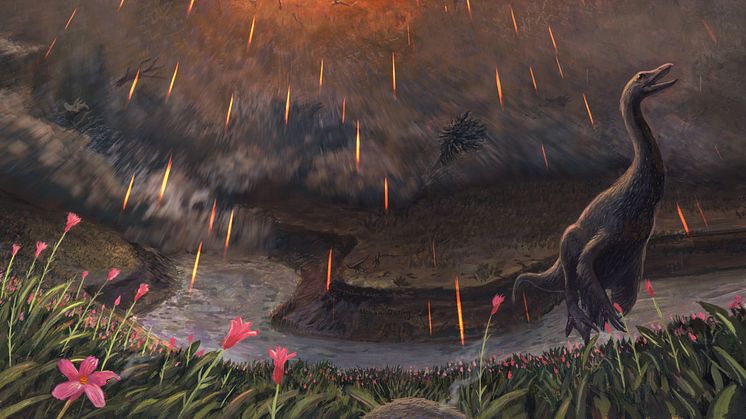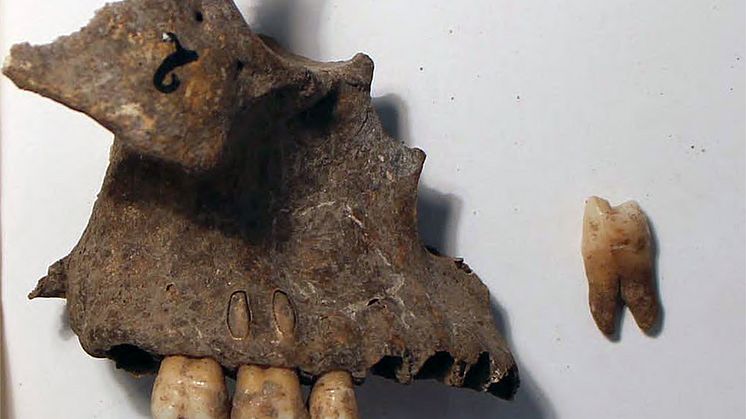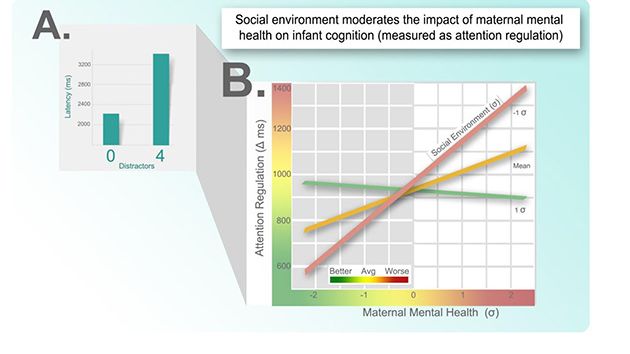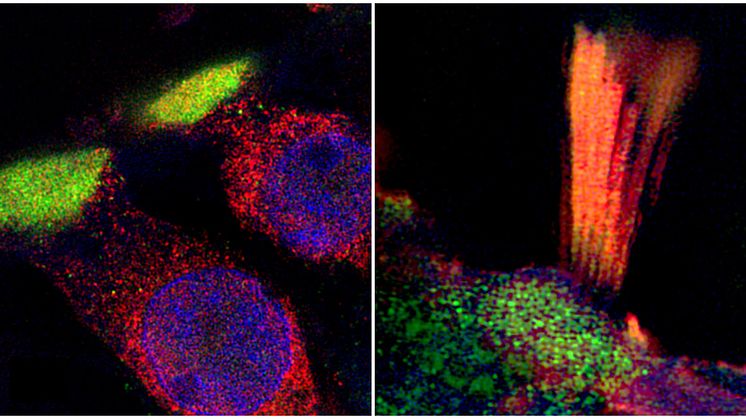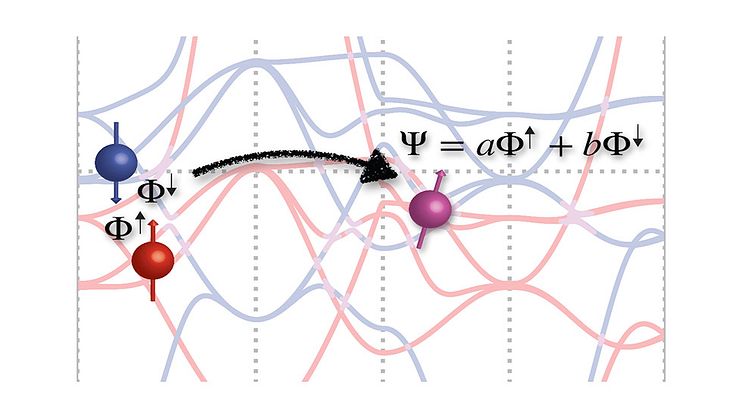The reign of the dinosaurs ended in spring
The asteroid which killed nearly all of the dinosaurs struck Earth during springtime. This conclusion was drawn by an international team of researchers after having examined thin sections, high-resolution synchrotron X-ray scans, and carbon isotope records of the bones of fishes that died less than 60 minutes after the asteroid impacted. The team presents its findings in the journal Nature.
